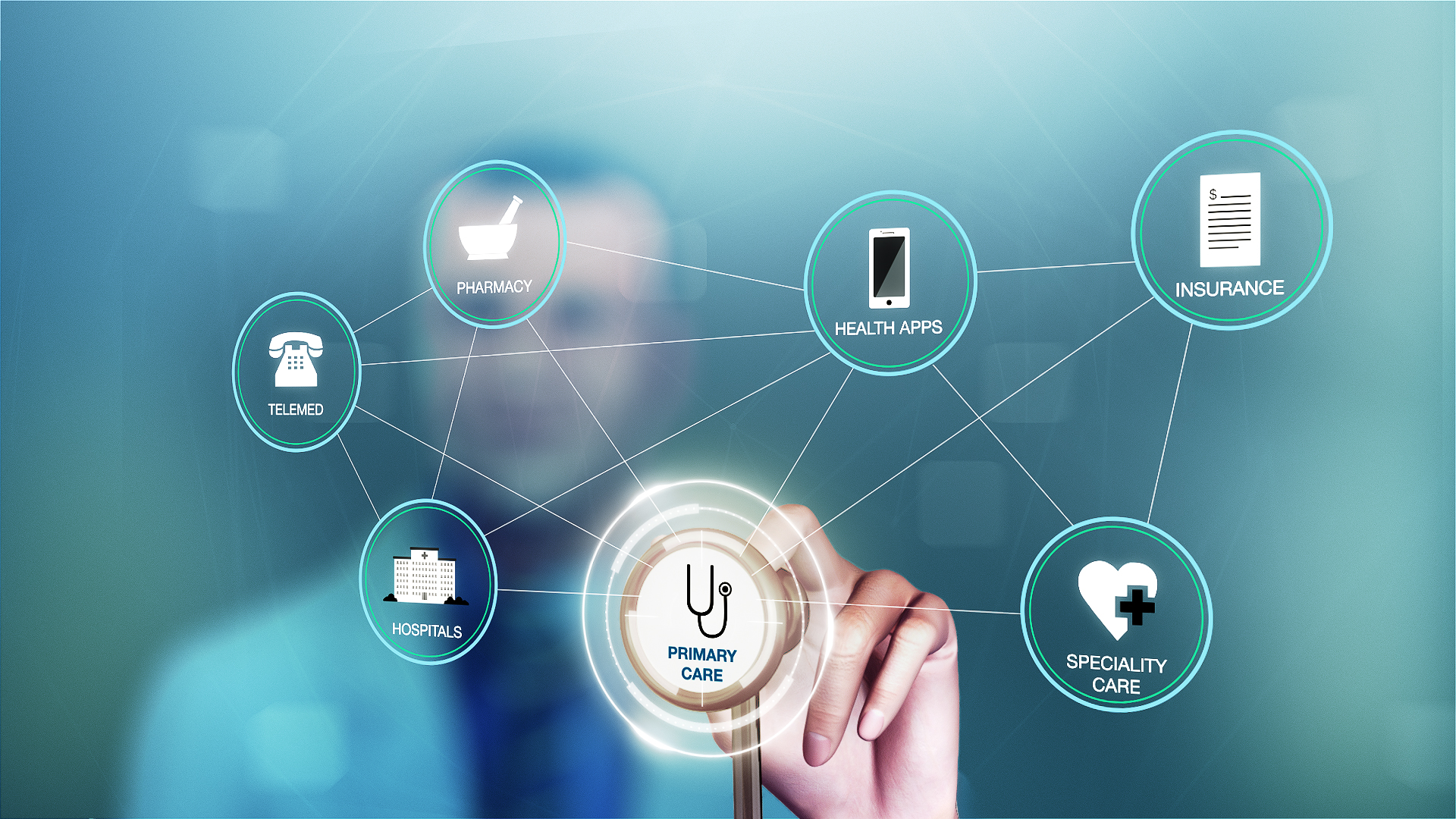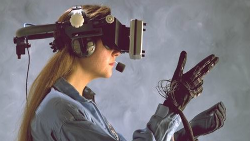“Now is the right time in our history to take a fresh approach to data sharing in healthcare”
-- John Halamka, Chief Information Officer at Boston-based Beth Israel Deaconess Medical Center.
The healthcare industry generates tremendous data -- clinical trials, patient medical records, complex billing, medical research and more. Consequently, numerous issues plague the system; examples include prolonged admin time for doctors, inadequate sharing of important research findings that facilitate drug development, and security concerns.
In the current paradigm, healthcare information is controlled by the generating clinic, lab or hospital. Sharing this siloed information is often difficult because of system incompatibility, privacy / liability concerns, or competitive perceptions. But many healthcare companies and tech innovators realize the need to adopt a system in which health information is accessible to doctors from anywhere, anytime, and on any electronic medical system.
What Is A Blockchain?

Blockchains store encrypted transaction records in distributed but linked blocks. Blockchain underlies the transactions that allow bitcoin to operate.
As per an IBM study, firm implementation plans for commercial blockchain solutions were reported by 16% of surveyed healthcare executives, while 56% expect to adopt it by 2020.
Here’s how blockchains can help transform healthcare :
-
Medical Data Management
MedRec, a pioneer blockchain prototype in healthcare, provides one-stop access to patients’ entire medical history across all providers. Also, patients can grant anonymous access to their medical records to researchers for use in R&D activities, possibly accelerating medical breakthroughs. MedRec shows the dramatically change potentially afoot due to blockchain.
Drug Development and Supply Chain Integrity
A corollary to data management, access to patient data can speed drug development; it can also track supply chain transactions to help reduce counterfeit drugs and save pharmaceutical companies an estimated $200 billion.
Claims and Billing Management
Blockchains promote automated and efficient processing. This eliminates the need for intermediaries, reducing admin costs and reducing medicare frauds.
Data Security
Current health IT architecture is struggling to keep systems secure. Blockchain ensure unprecedented security benefits because records are stored in highly distributed and synced databases. An update in any block is replicated automatically across the network.
Not A Sprint, But A Marathon
Blockchain testing and vetting continues in healthcare organizations. Many potential applications are being tested, but others are still to be discovered. There is a sense in medicine, as in other industries, that blockchain is not a question of if, but of when.
You may also like:

Apple is making Augmented Reality more accessible. Here’s how it is transforming Healthcare…
Imagine you are one of the 10% of Americans that are afraid of needles, waiting for a nurse to prick you. Besides the fear of the pain itself, you also worry - What if the nurse cannot find a vein? What if she has to prick me repeatedly? It’s enough to unnerve hardened veterans. Wouldn’t it be nice if it wasn’t such a pin-the-tail-on-the-donkey exercise. Read More..

Virtual Reality in Healthcare: A Primer
The power of Virtual Reality technology lies in the fact that it isolates its user from the real world and immerses him/her in a world that is completely fabricated, without any boundaries. The 360-degree view of the new world allows little or no sensory input from the environment where the body is actually in. Read More..








